We are continually witnessing the F&B industry adapt and find ways to survive at a time when restrictions abound and changes come swiftly. Many sacrifices have been made by restaurateurs and owners as the industry teeters on whether dining in is safe or not. Here, industry insiders share some of the lessons they learned to maintain a balance of profit, safety, and an optimistic outlook.
Lesson 1: Seek new opportunities
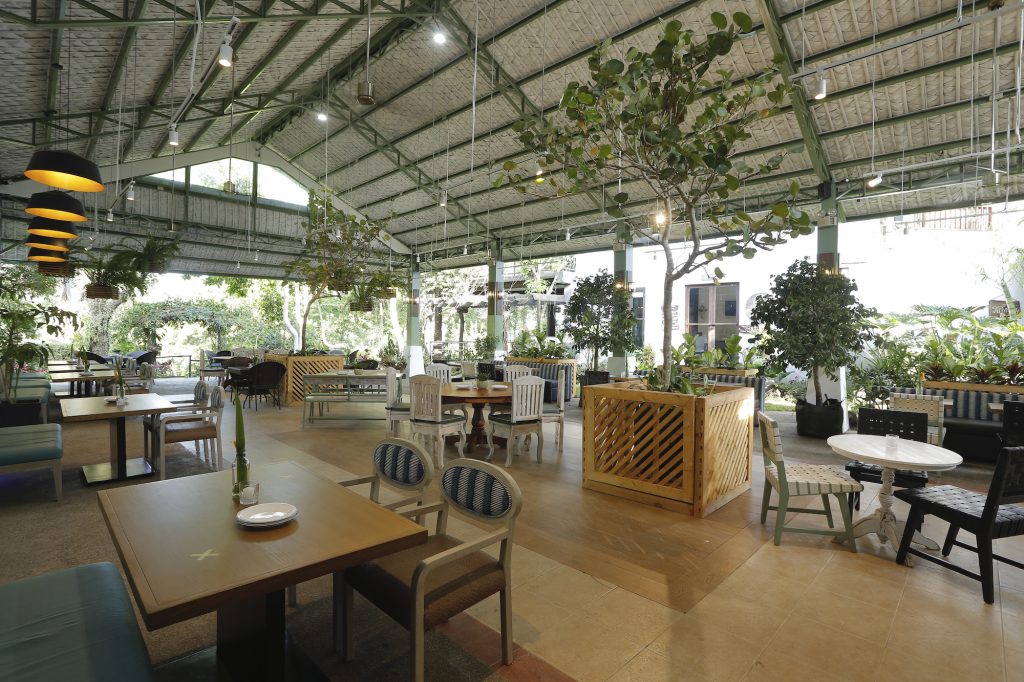
When asked the biggest lesson the pandemic has taught them, Raintree Hospitality Group chairperson Annabella Wisniewski says, “We can and should operate more efficiently—constantly monitoring expenses and cash flow to keep the business going. Sacrifices have to be made by all, including employees, for the sake of preserving the business and jobs.”
It was critical to immediately assess their operations to stop the bleeding. Expenses and frills were minimized, operational procedures were simplified, staffing was downsized to a minimum, rent breaks were negotiated with landlords, and feasible credit terms were worked out with suppliers. Corporate chef Kalel Chan also had to increase the efficiency in the kitchen by having his chefs chip in wherever they could. “Before going to work, my chefs go to the market to buy what’s needed for the day. They also prepare food deliveries for food couriers.”
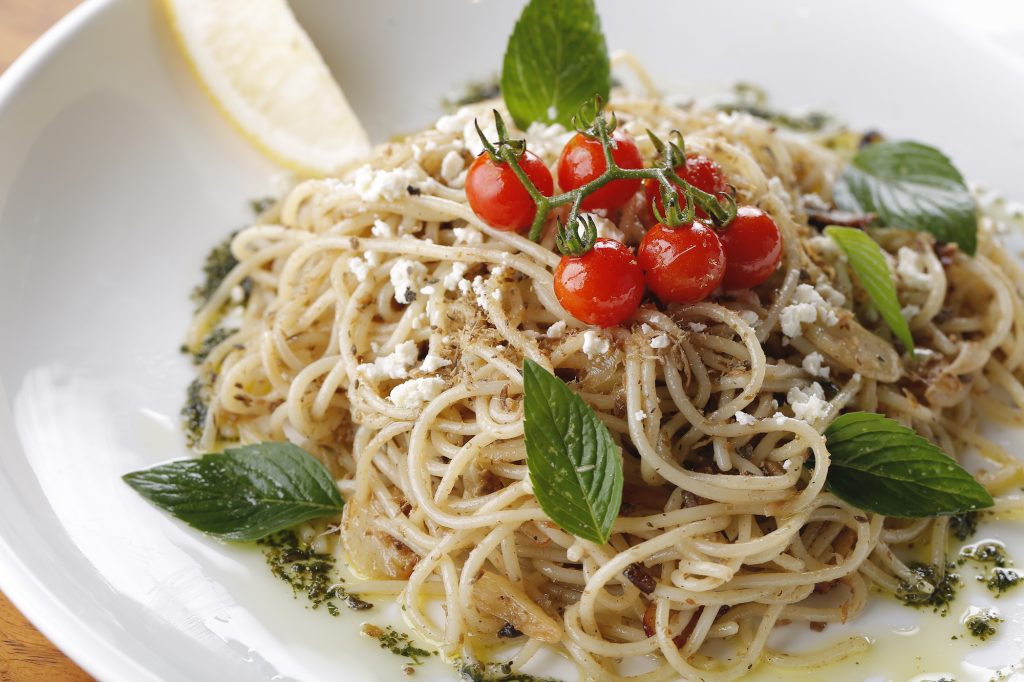
Apart from finding cost-cutting measures, it was also important to seek new ways to generate additional revenue. Opened just last May and located off the beaten path in Tagaytay, Farmer’s Table is their latest restaurant that aims to help people through ecotherapy, which, according to them is “a type of therapeutic treatment, which involves doing outdoor activities usually around nature.” Featuring a totally al fresco design on a plot of farmland and dishes leaning heavily on organic vegetables and herbs grown onsite, Farmer’s Table is a welcome concept where diners can feel safe while enjoying freshly picked produce and locally sourced ingredients.
“We saw a unique opportunity and took it,” says Wisniewski about launching Farmer’s Table in response to the pandemic. “It became more meaningful during the pandemic as we were able to help alleviate the plight of many struggling people through job creation and at the same time help lift the low morale of the community through a new and vibrant project.”
“We can and should operate more efficiently—constantly monitoring expenses and cash flow to keep the business going,” says Raintree Hospitality Group chairperson Annabella Wisniewski.
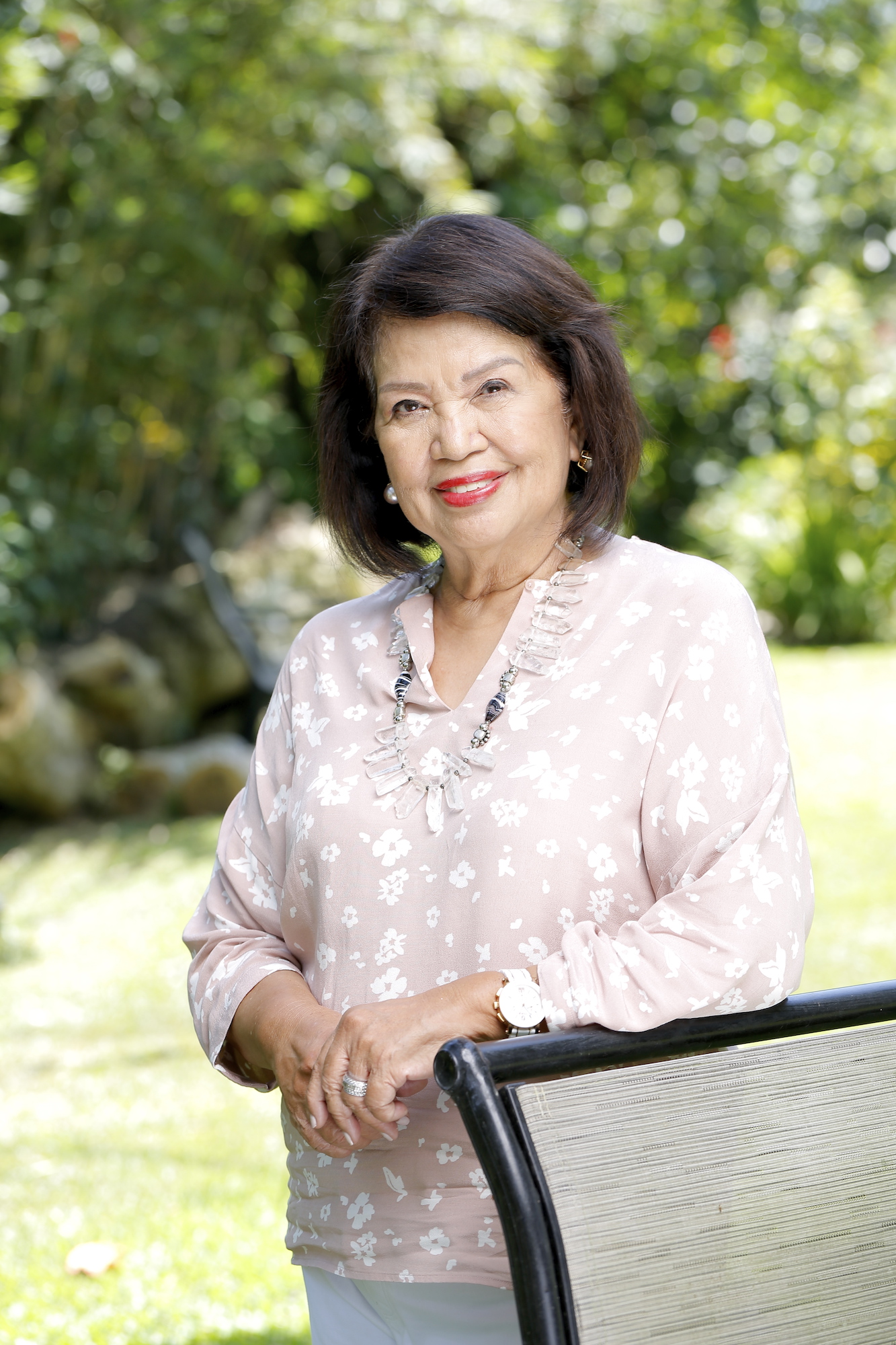
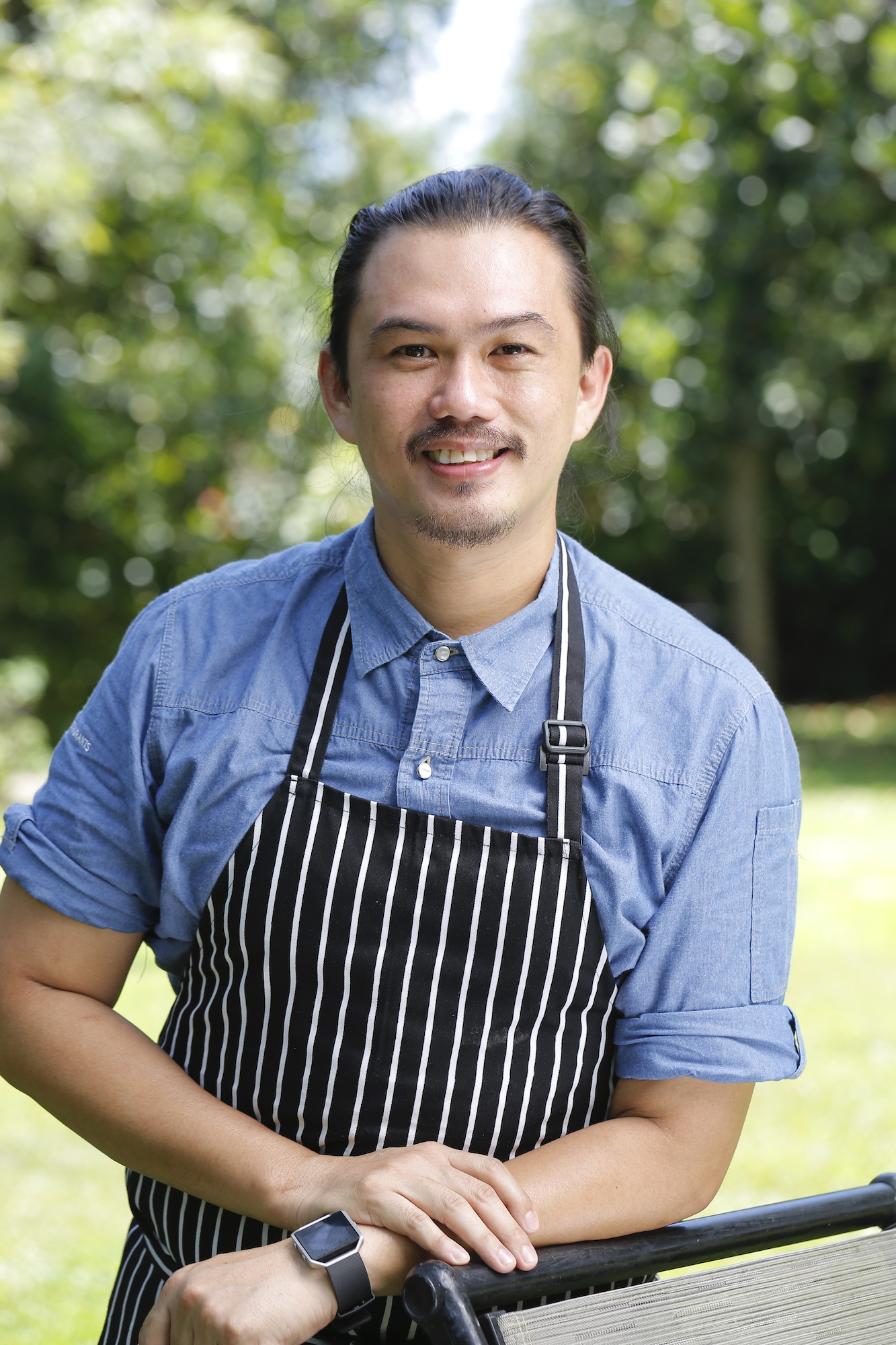
Lesson 2: Add a personal touch
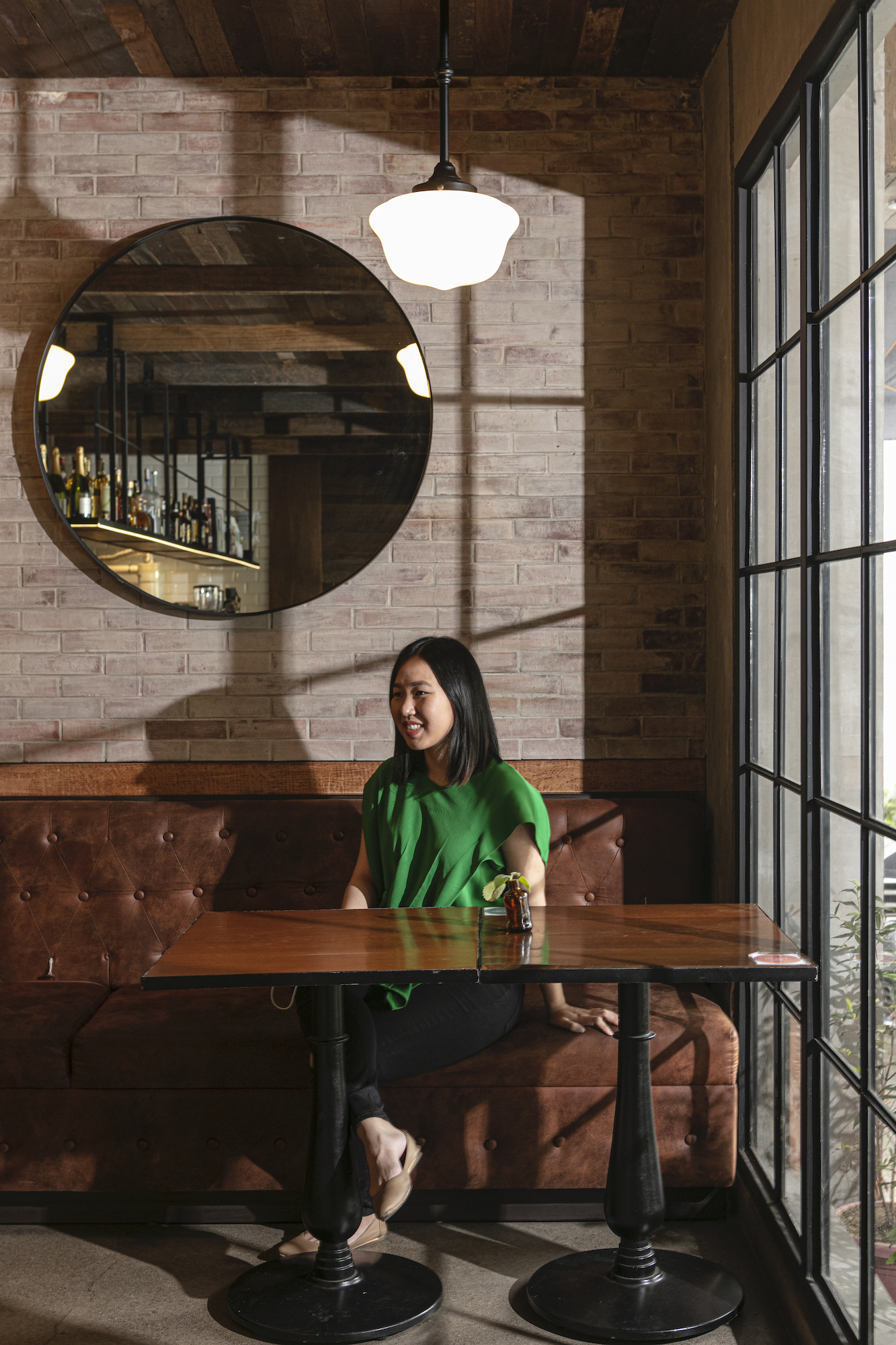
Before the pandemic hit, entrepreneur Alyanna Uy was managing several restaurants—including Prologue in Quezon City—and was about to open a brick and mortar for her specialty grocery Dough & Grocer at a mall. Things didn’t go as planned and, like many, Uy had to step back and regroup. Not only did she have to abandon the original plans for Dough & Grocer, but she also had to permanently close two restaurants.
“When the lockdown happened we had to close and only offered bread twice a week. And then we started offering frozen items. We really had to find ways to bring our food to people,” Uy says. They cooked their ingredients during the beginning of the lockdown and donated them to minimize food waste.
It was during this time that she felt her staff’s concern for the restaurant. “You can see their willingness to help. The ones with a motorcycle or car would volunteer to do deliveries since in the beginning it was so difficult to book riders. Those with quarantine passes would be the ones to go to the market to buy for the restaurant. You really did see that they cared about us like a family.”
“Part of Dough & Grocer’s success would be because people feel like they’re traveling. If you can’t go to Europe, we’ll bring Europe to you through our ingredients and products,” says Alyanna Uy
While working on a skeleton workforce meant extended working hours, it also gave the staff an opportunity to learn the whole spectrum of the business. Some became more tech-savvy and learned how to deal with food aggregators, for instance. Uy herself contributed as much as she could to keep the business afloat. She oversaw their online presence and as a result, created a more personable customer experience. “At the start, I built a website for Prologue and Dough & Grocer to take orders. I was the one replying on Instagram, taking orders, booking deliveries.”
Since Dough & Grocer’s physical store wasn’t going to push through, she had to pivot and turn her bakery-grocery concept into an online premium grocery. With travel bans and the tourism sector still in a real bind because of the pandemic, many found the products at Dough & Grocer comforting. “Part of its success would be because people feel like they’re traveling. If you can’t go to Europe, we’ll bring Europe to you through our ingredients and products.”
Lesson 3: Don’t shun digital transformation

Being in the restaurant industry for as long as actor, chef, and entrepreneur Marvin Agustin (with establishments like Wolfgang’s Steakhouse, John and Yoko, and Kondwi under his belt) still didn’t prepare him for anything as unrelenting as COVID-19.
“We had to prioritize the health and safety of everyone. No matter how good of a chef you are, if you or your people get sick, that doesn’t matter. All of our business models had to transform and go through digital transformation,” Agustin says.
He acknowledges the differences and challenges the pandemic has brought with it, but he also knows that change is inevitable. “Everything is always changing and we have to face it. We have to find out the new behavior of consumers. I was able to navigate through this crisis with an acceptance of me needing to adapt and listen more to the consumer. It’s a good exercise, but it was scary in the beginning. I thought that facing it head on would somehow lessen the hardships.”
During the lockdown, like many who stayed home, Agustin started baking. “When we were faced with the lockdown and the restrictions, people dealt with it in various ways. Some started baking out of boredom. I did it out of fear. I had to learn how to bake.”
“We had to up our game in social media and I had to earn everyone’s trust. There’s honesty and transparency when you show how you make the food,” says Marvin Agustin about the lesson he’s learned
This openness to the idea of finding relief in baking has been a boon for Agustin, encouraging a new concept called Mr.VinMunchies on Instagram where people can order his homemade baked goods like his popular Kerot Loaf. “It seems like this is the culmination of everything I’ve gone through in life, including my years in the entertainment industry! I had to use everything I learned. We had to up our game in social media and I had to earn everyone’s trust. There’s honesty and transparency when you show how you make the food.”
As orders poured in, Agustin couldn’t keep up. “It was such a painful process to answer every inquiry and coordinate with couriers and see if the payment came in, etc. Sometimes, people just want the food so badly and they don’t understand that all of us just aren’t prepared for all of this too.”
Empathizing with other home businesses that popped up during the last year, Agustin founded and developed the cloud kitchen BRRRING that “will help home chefs do what they love without having to deal with the difficult parts,” Agustin explains. It’s a portal that gathers home food businesses and restaurants in one place and is slated for launch in early July.
“It is hard for the F&B industry right now,” says Agustin, who shares a deep sense of responsibility with fellow entrepreneurs. “But it is hopeful.”











































